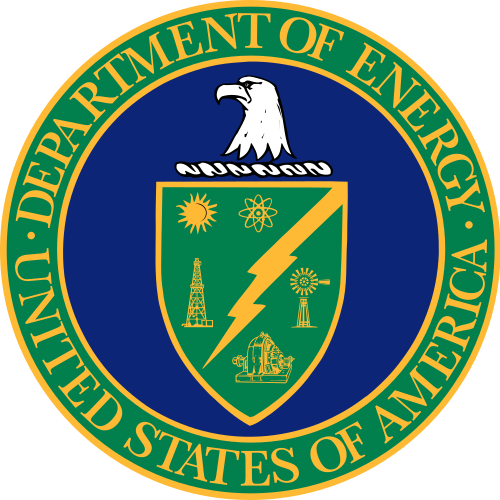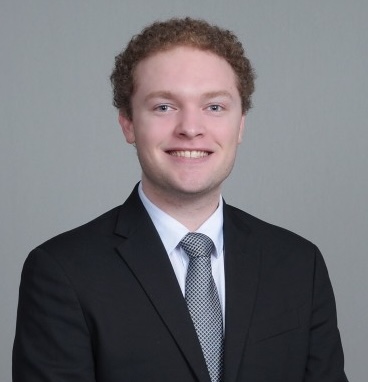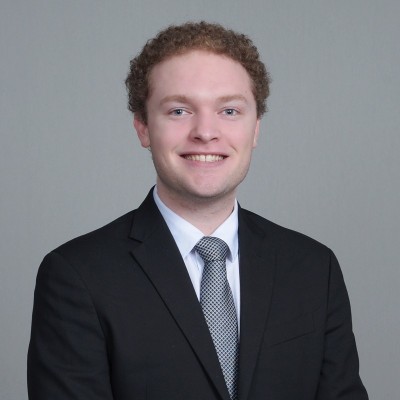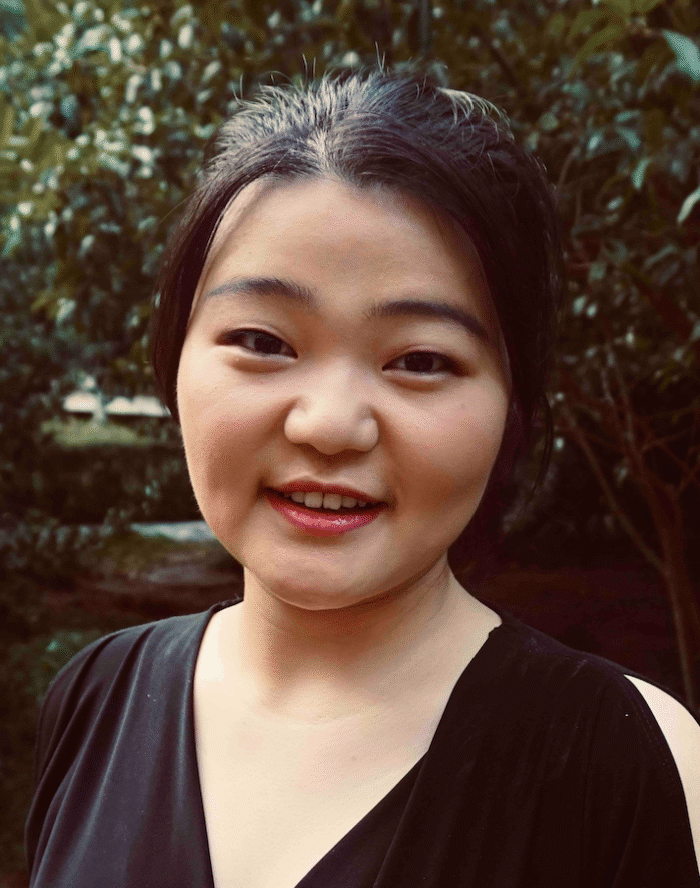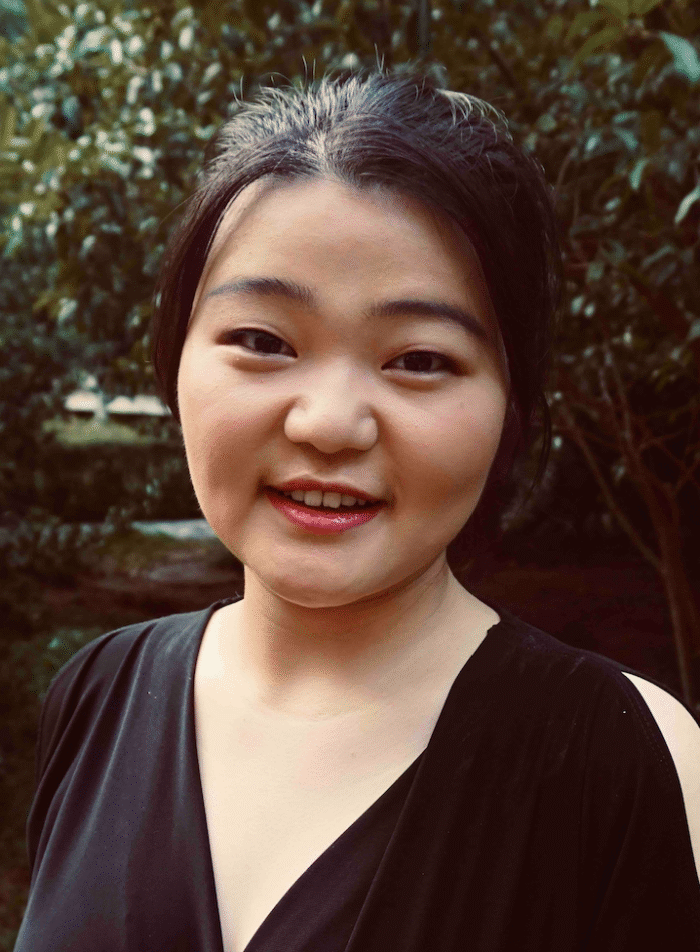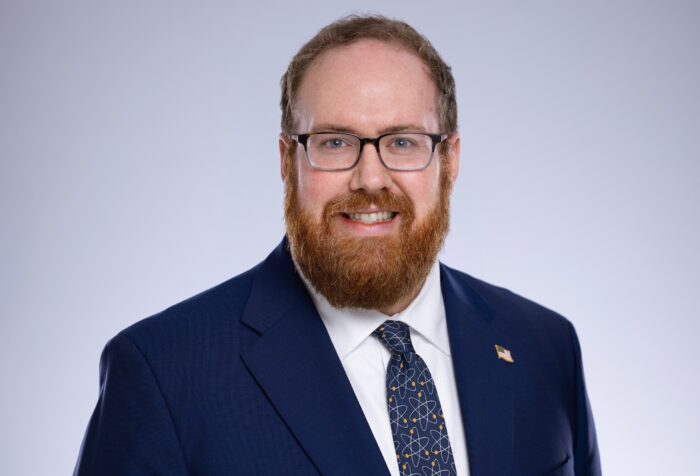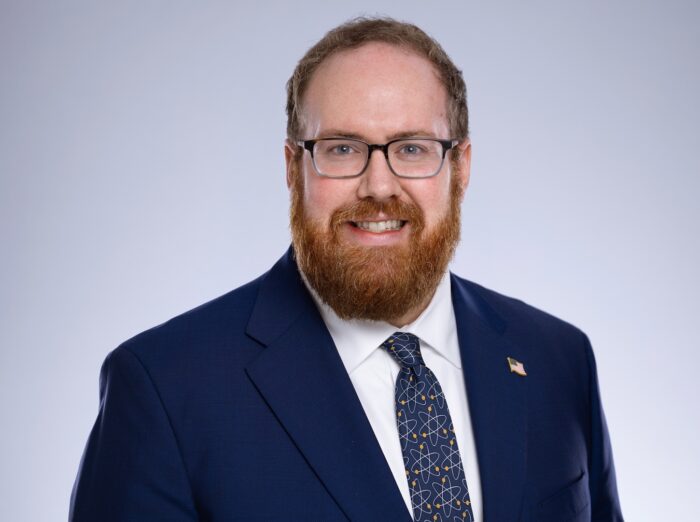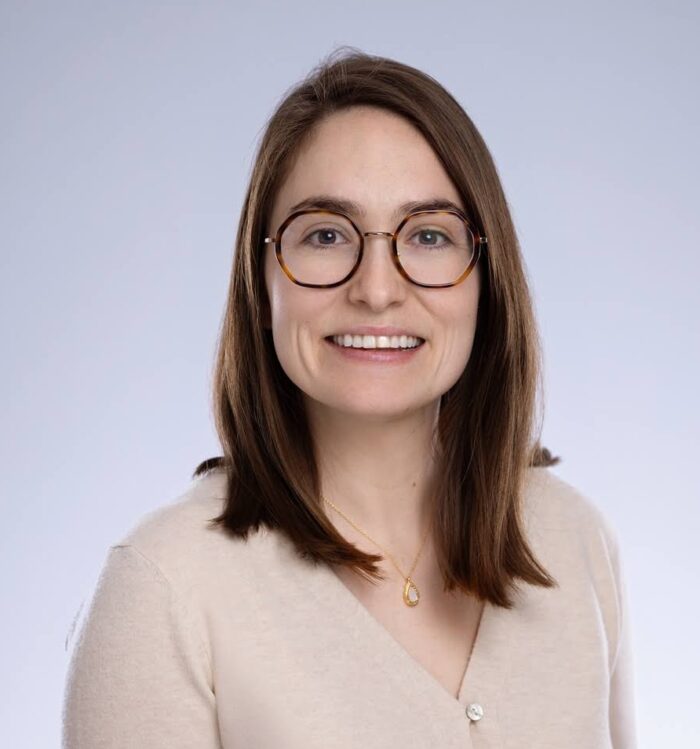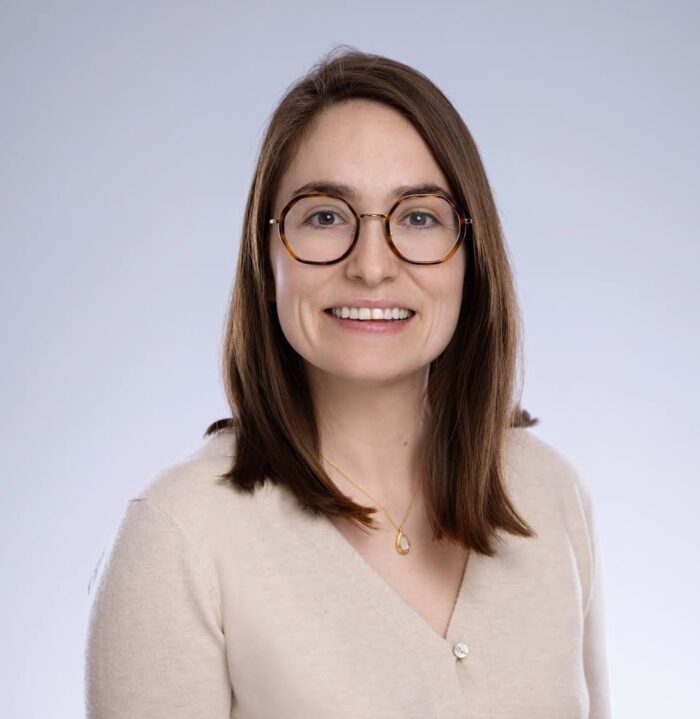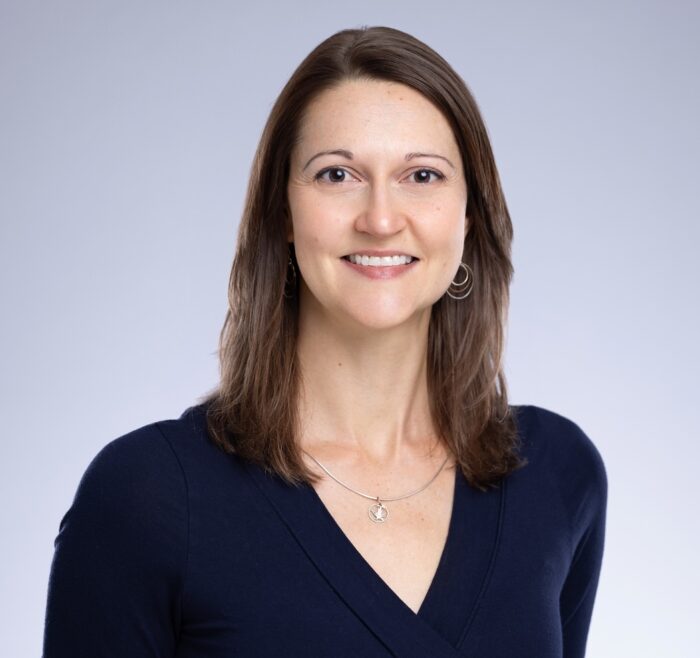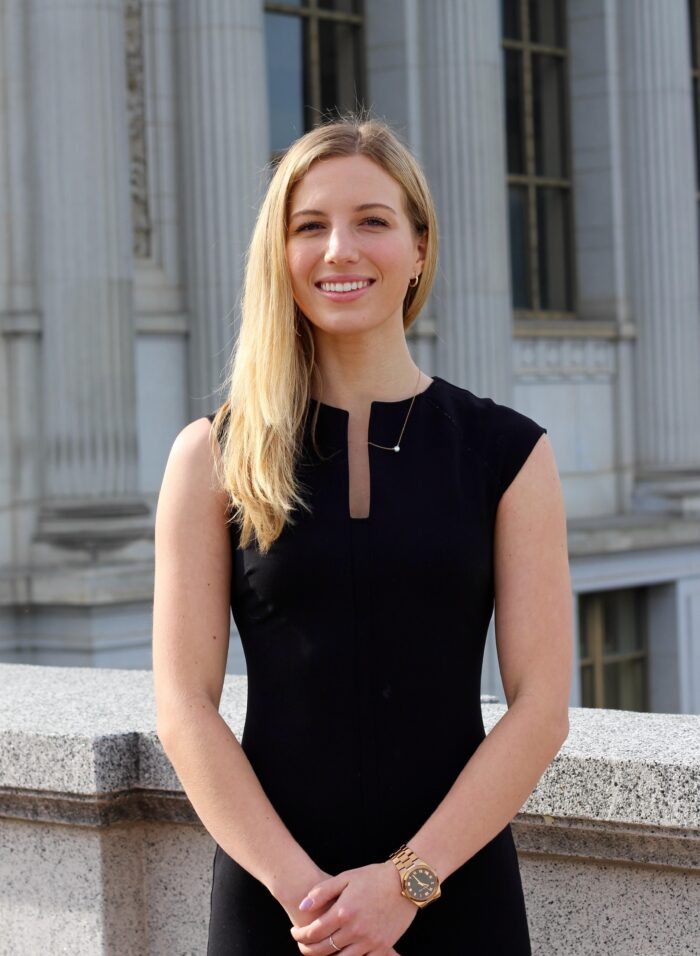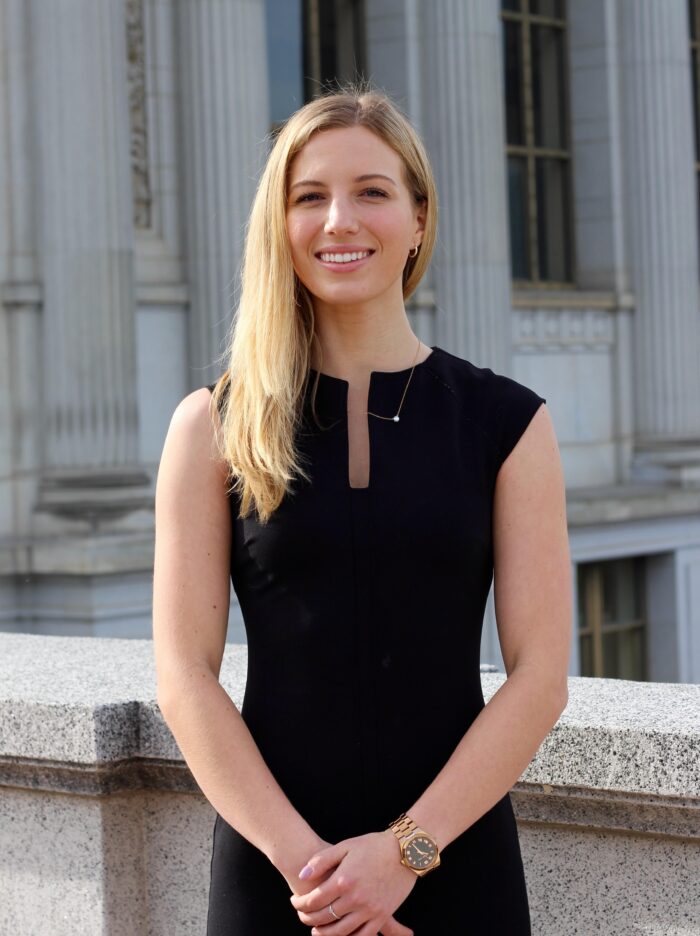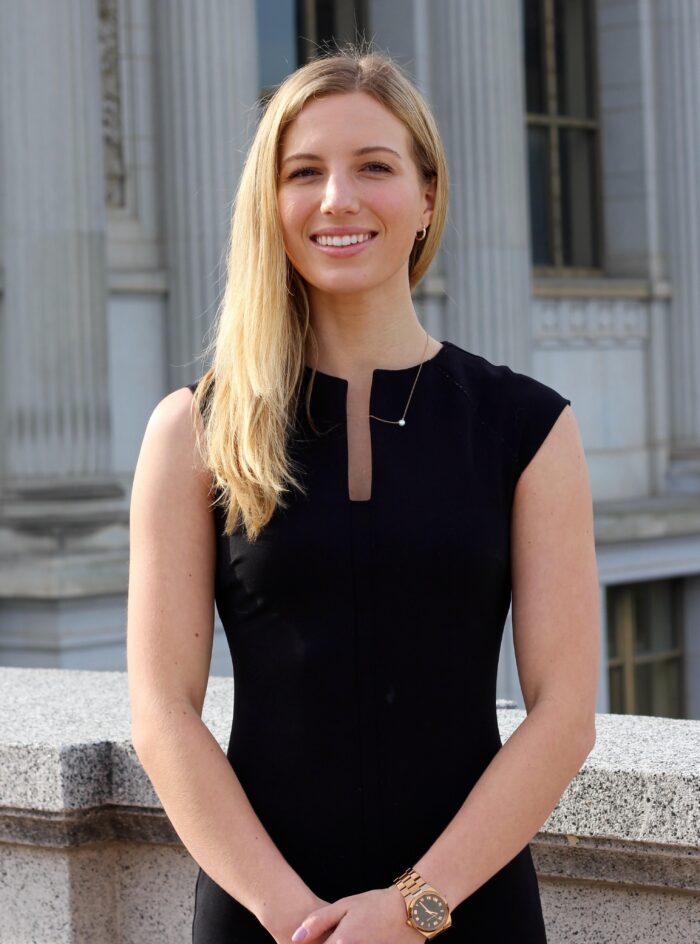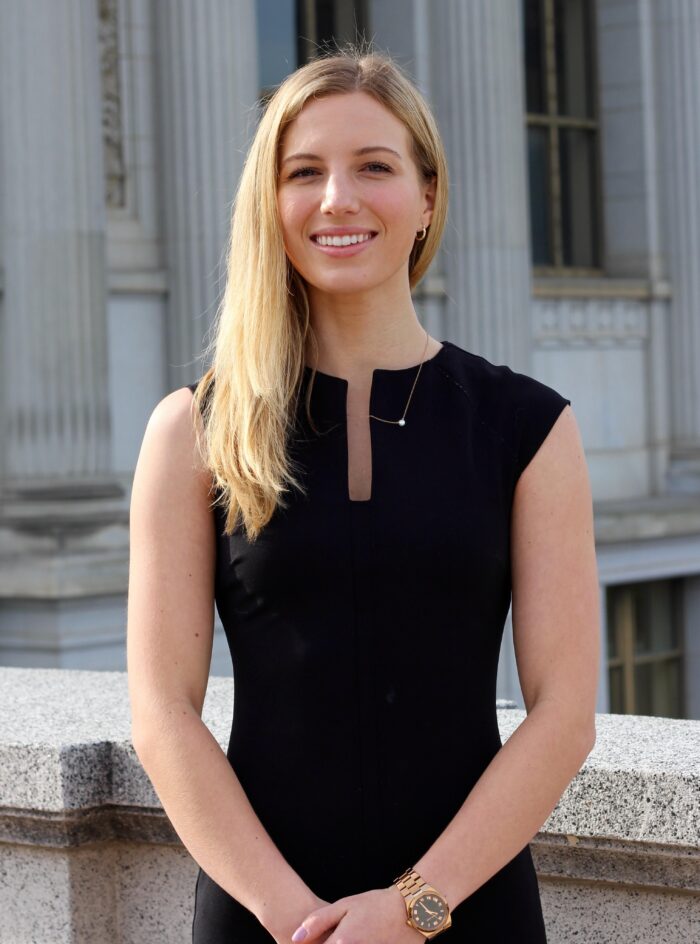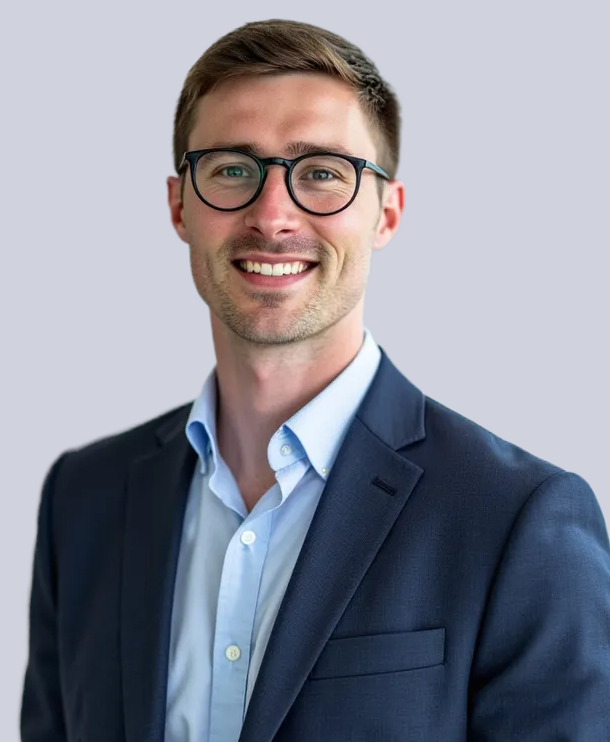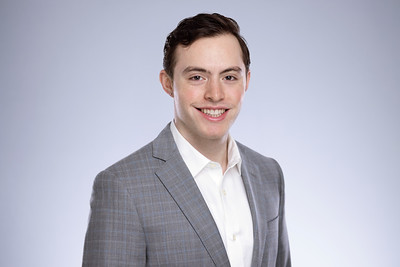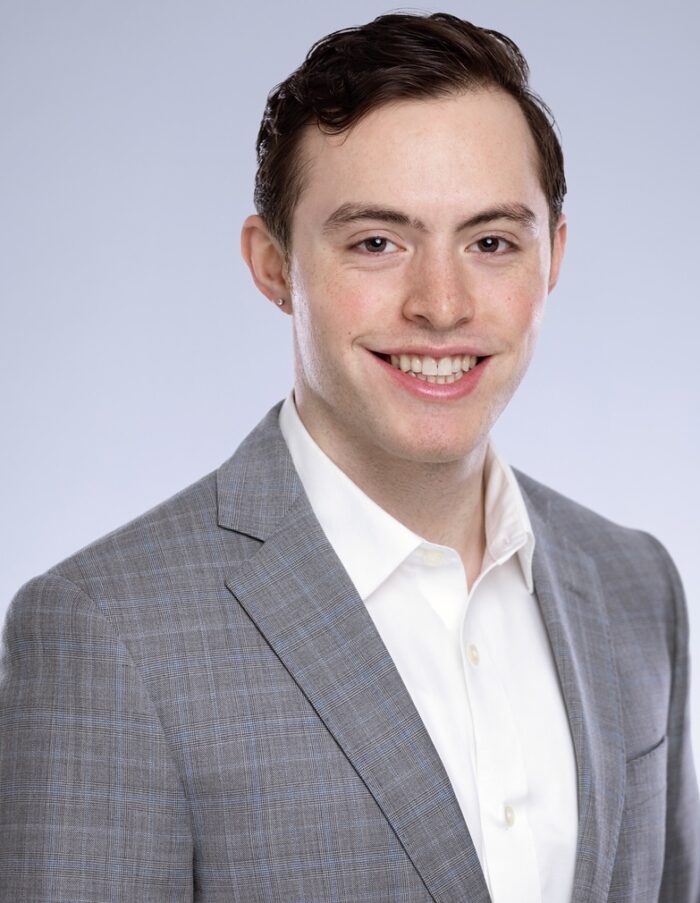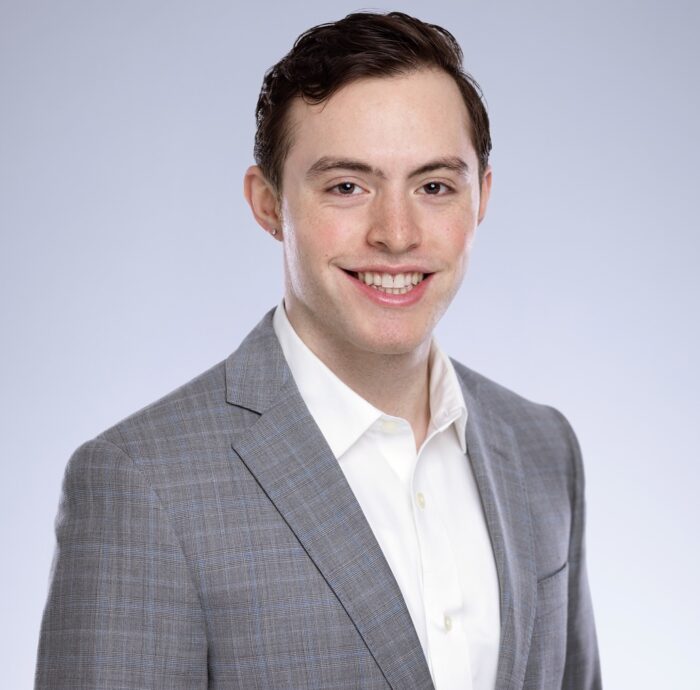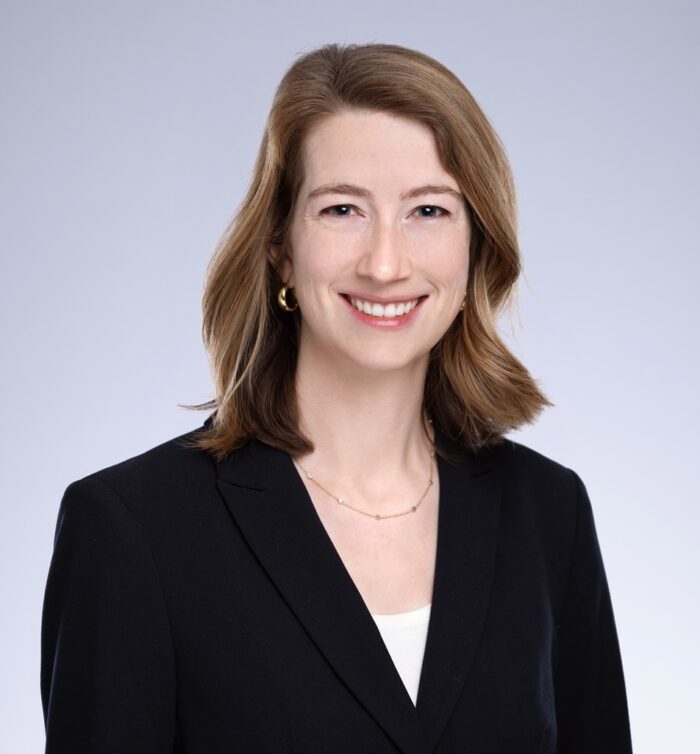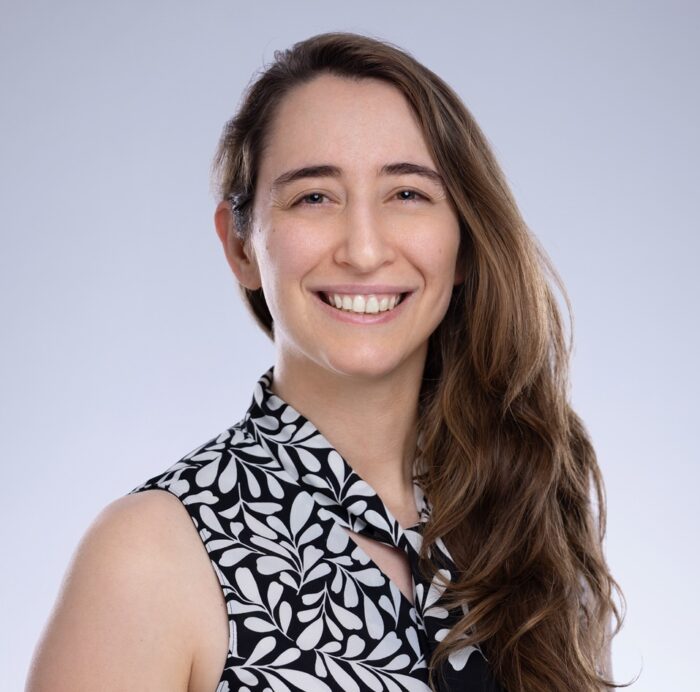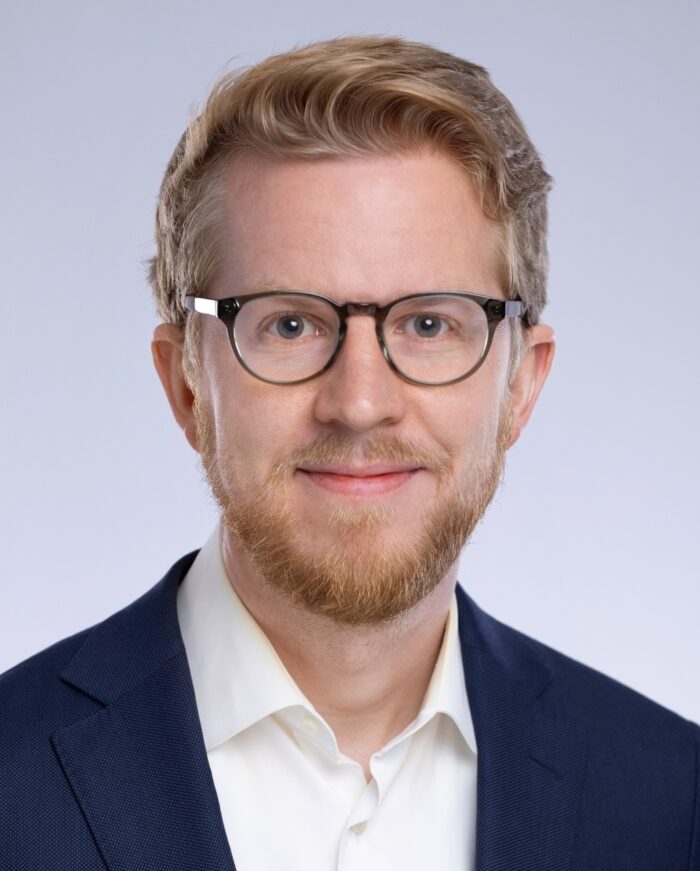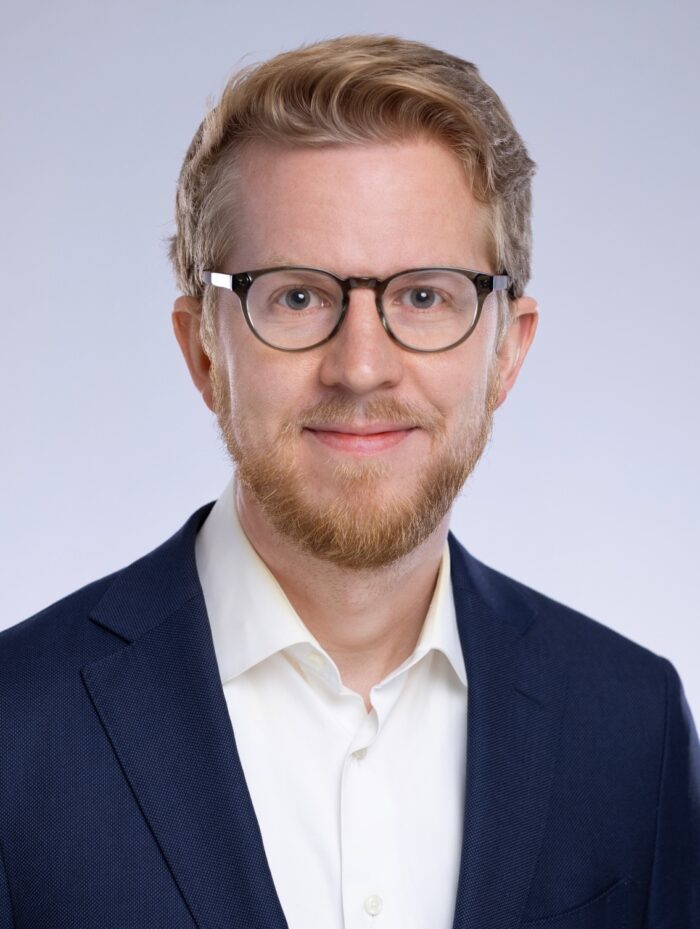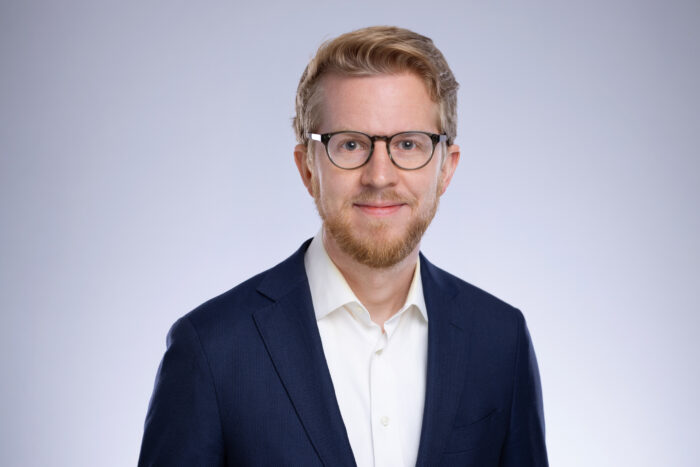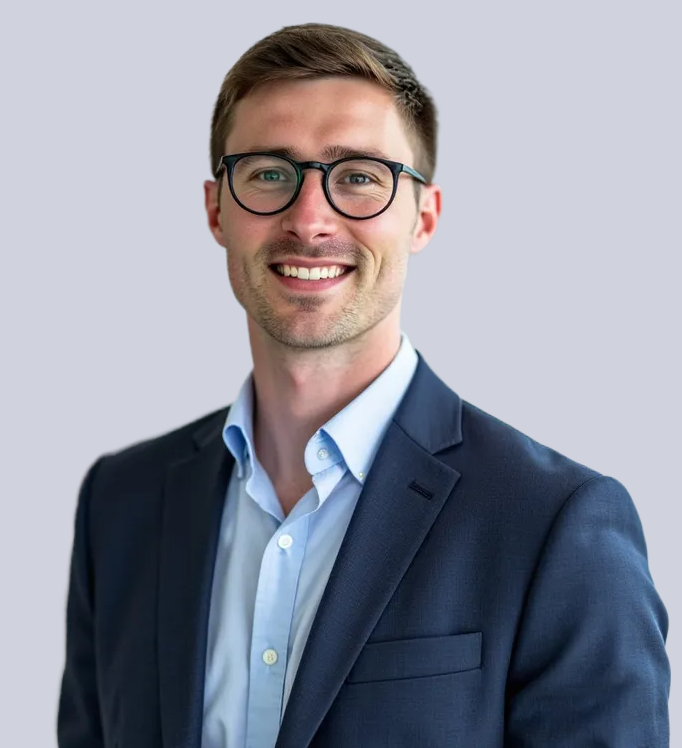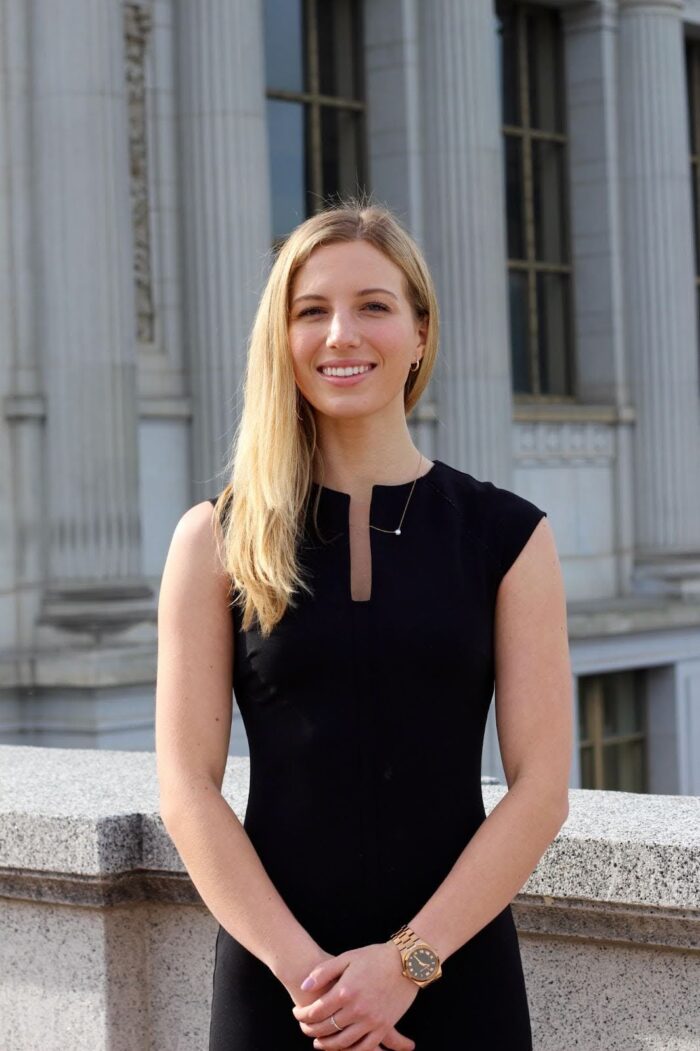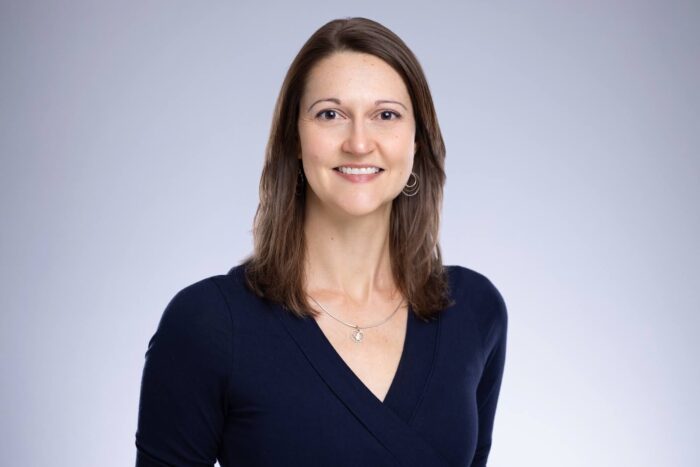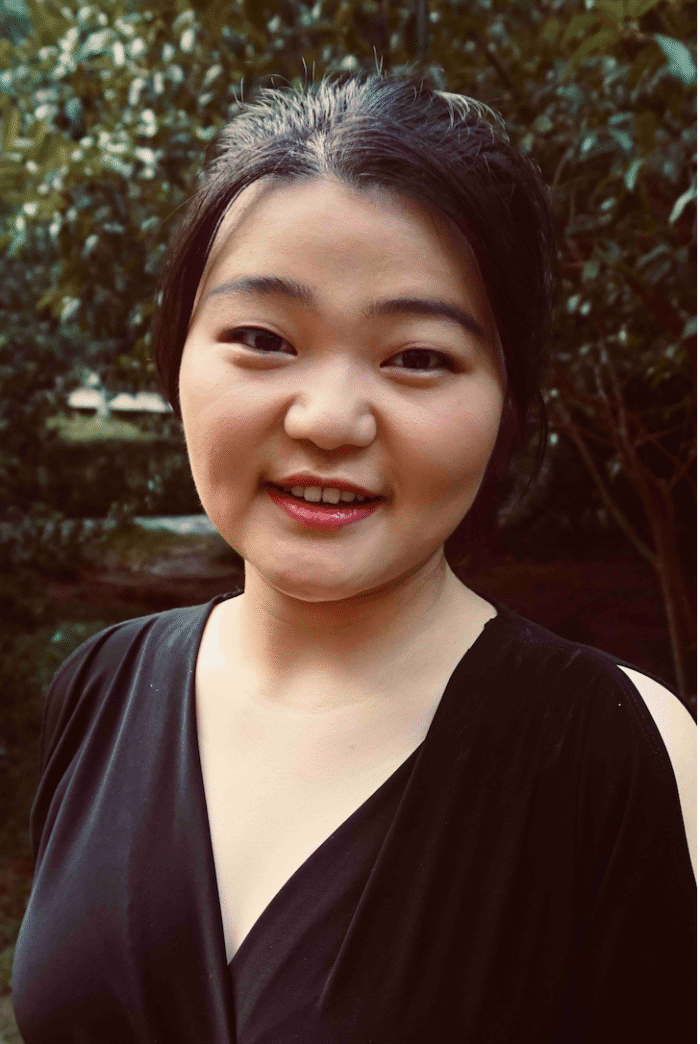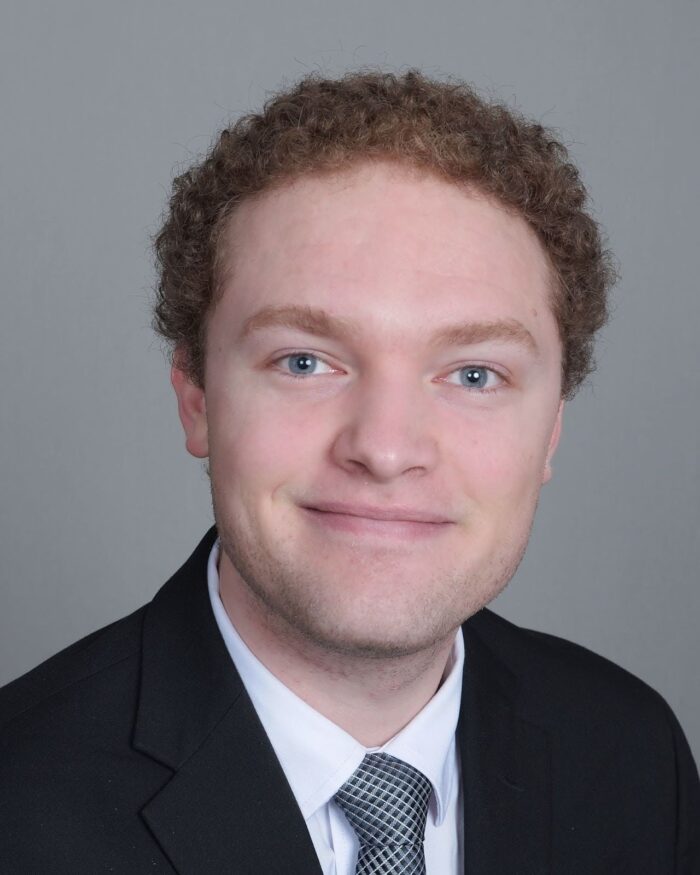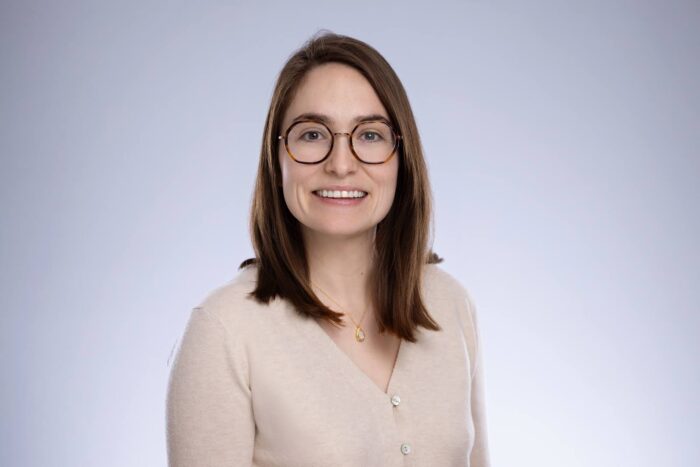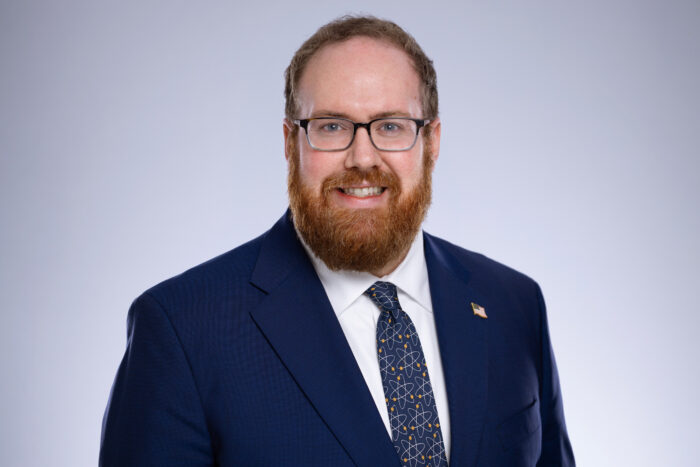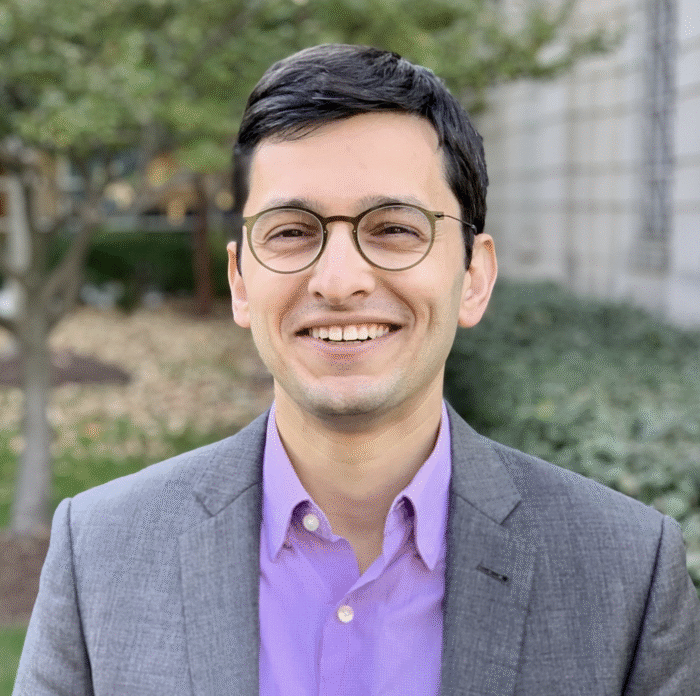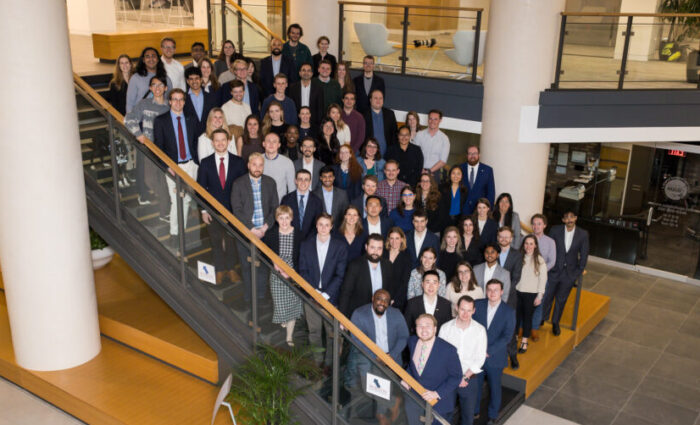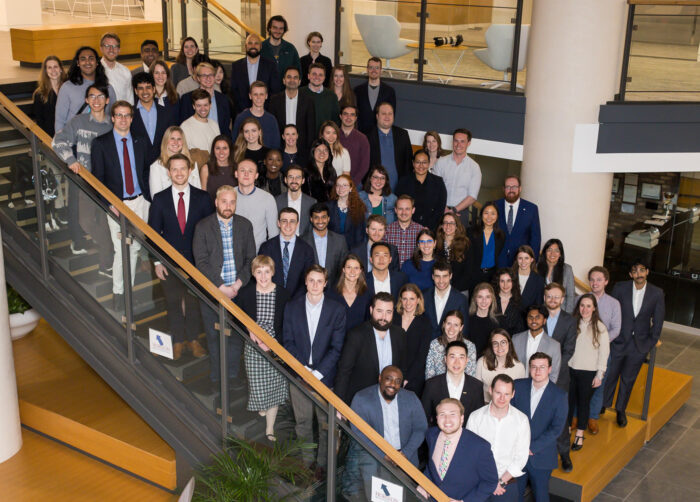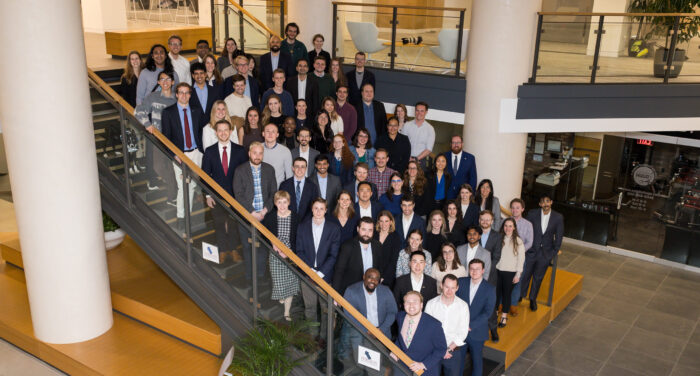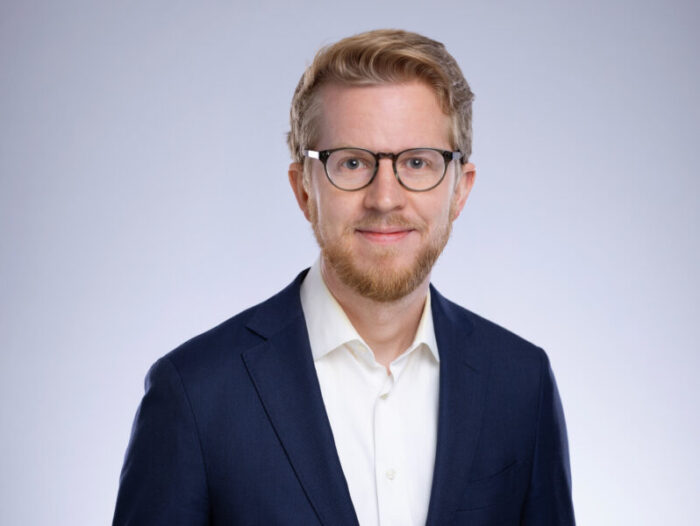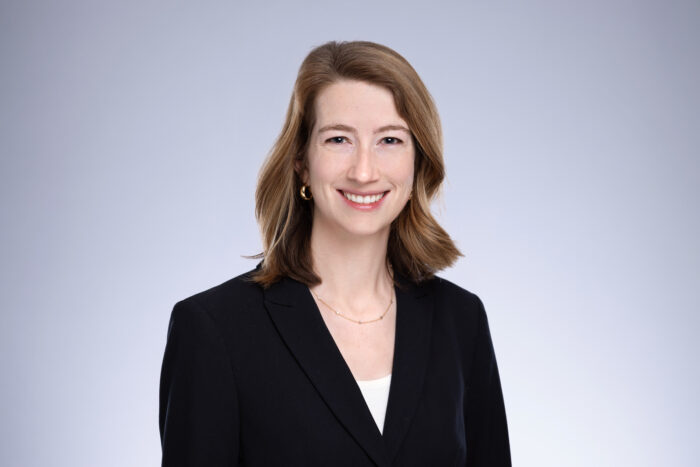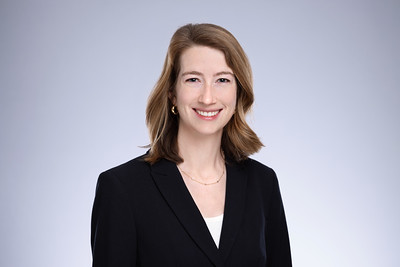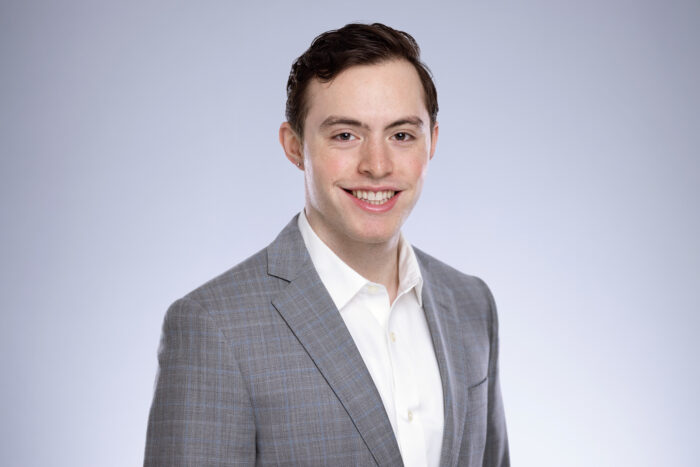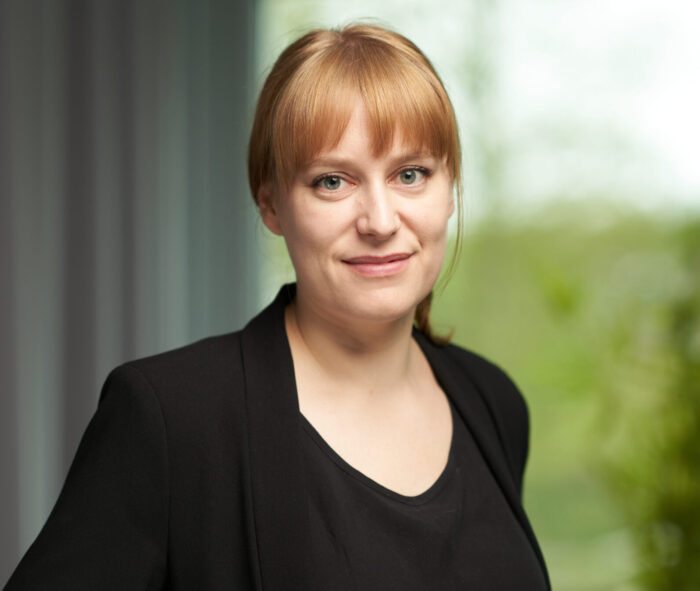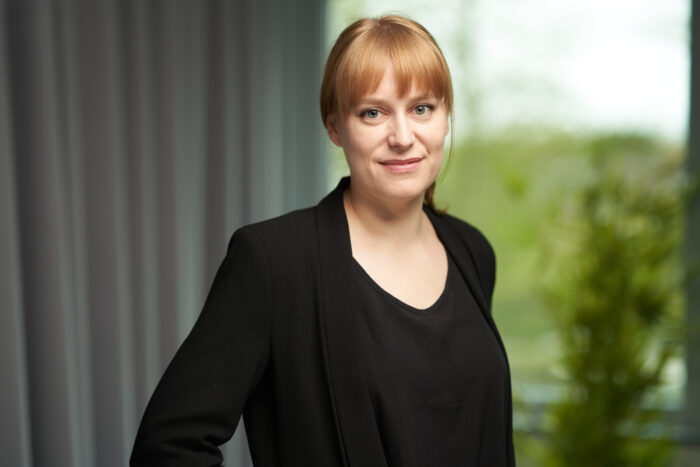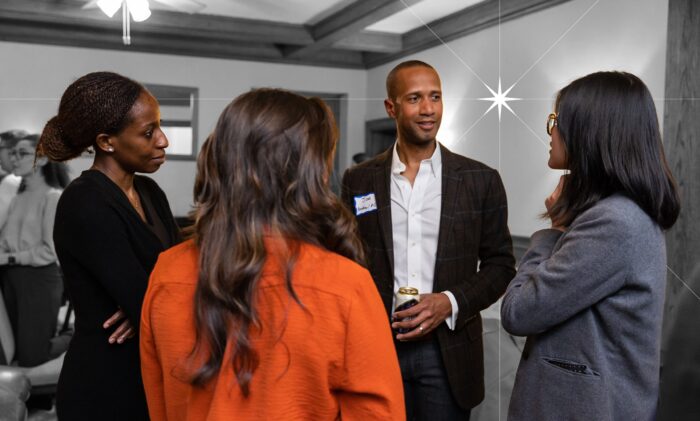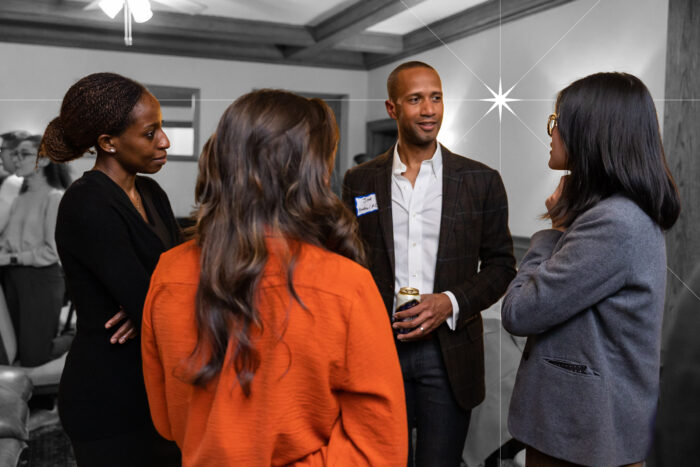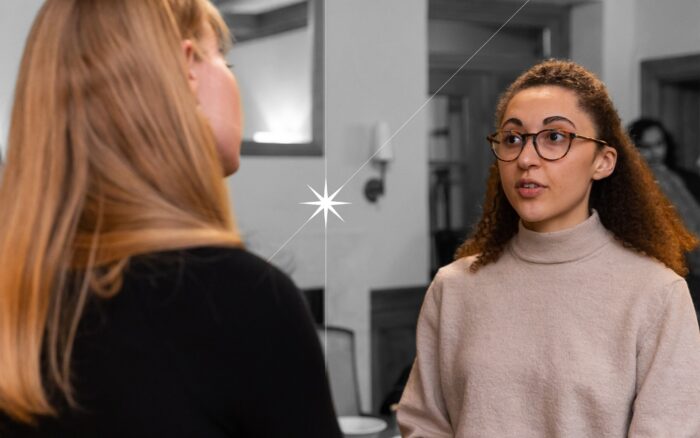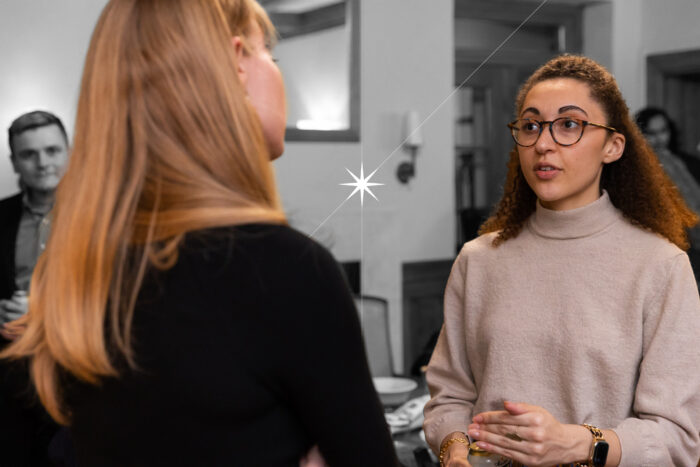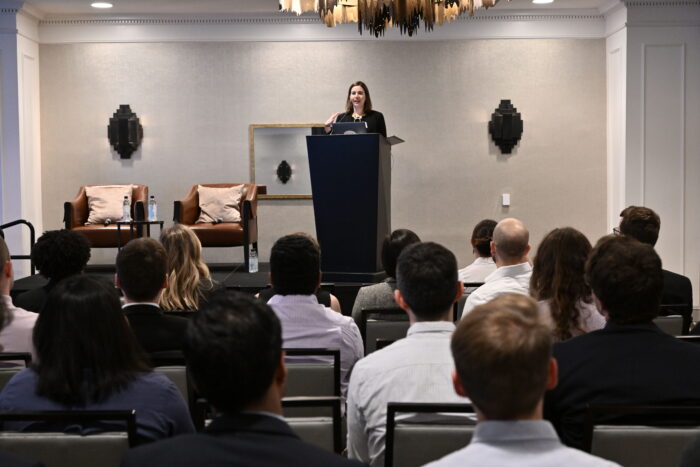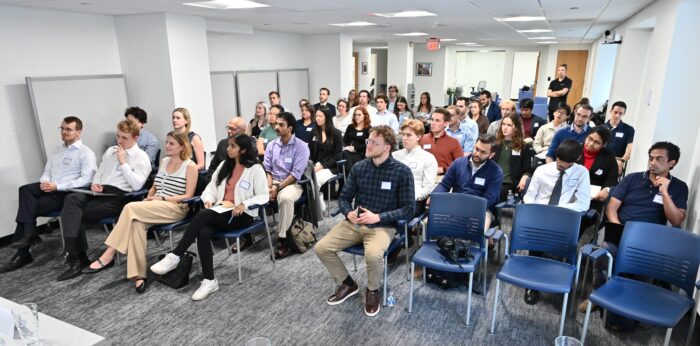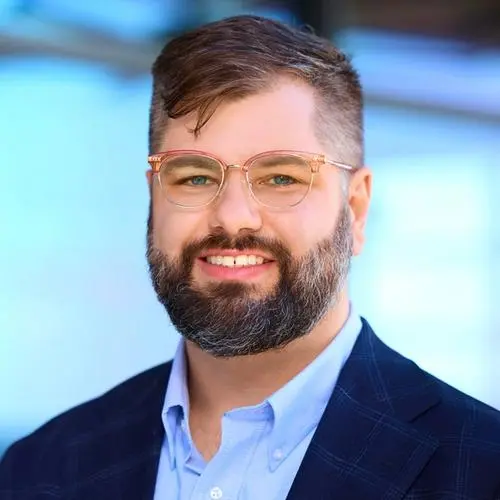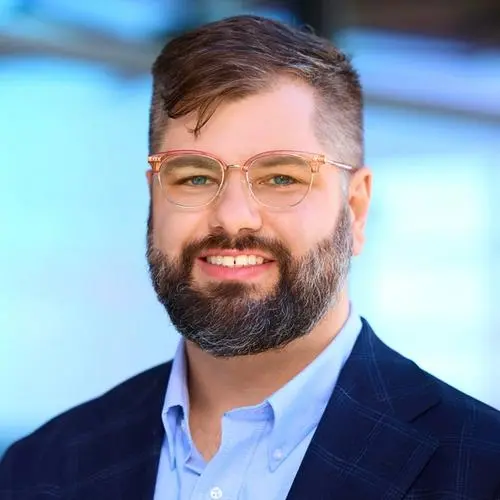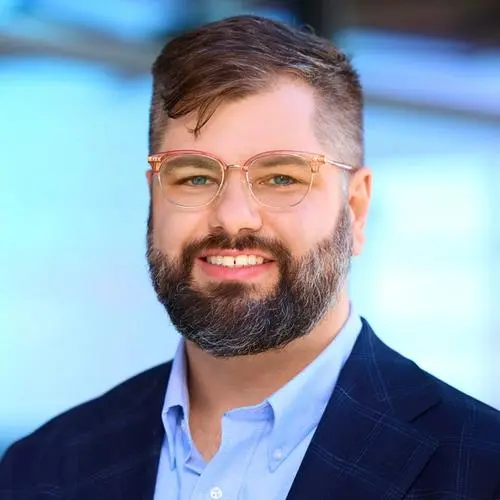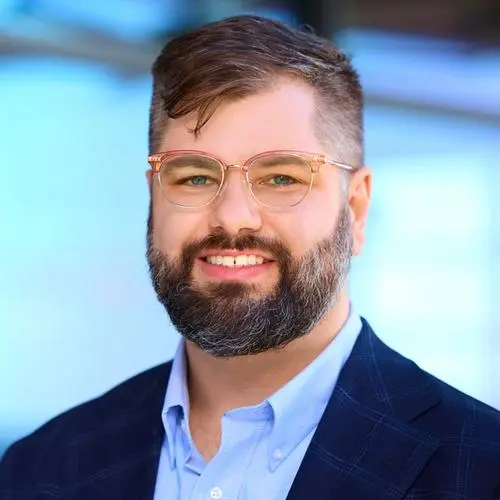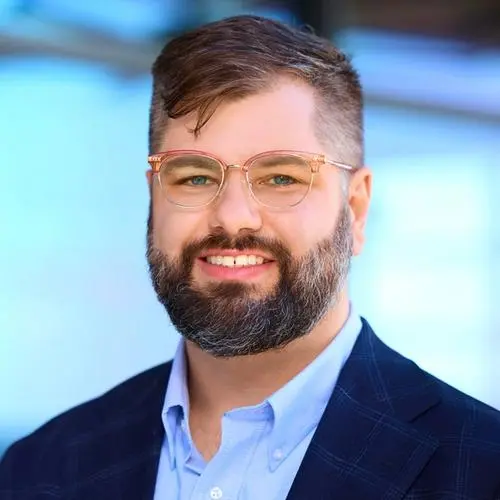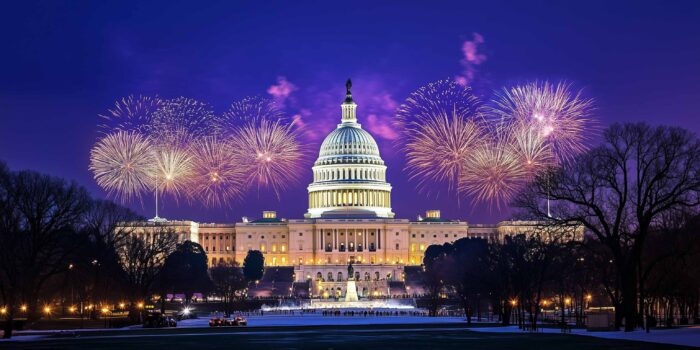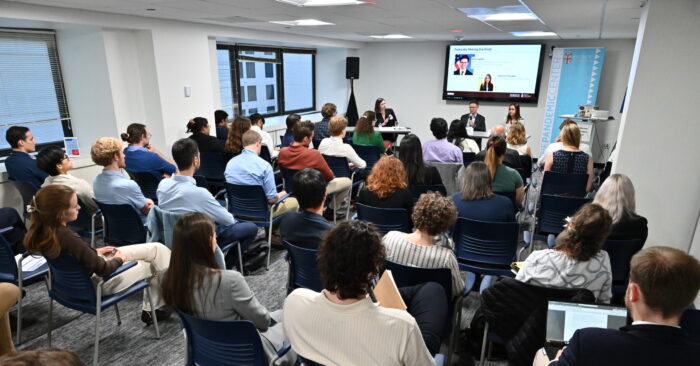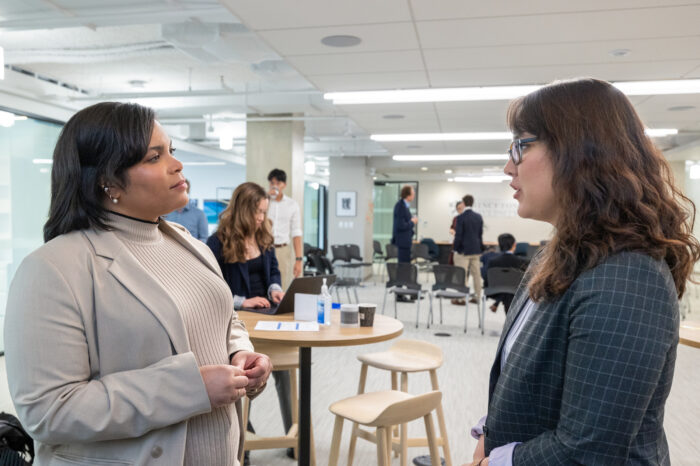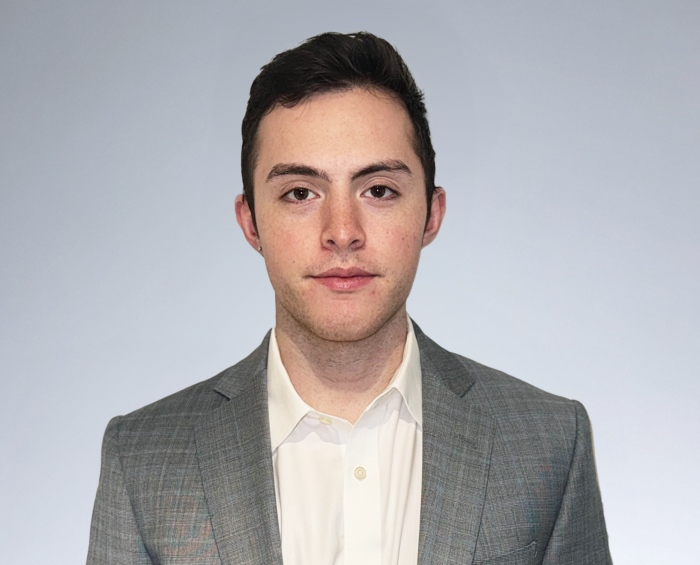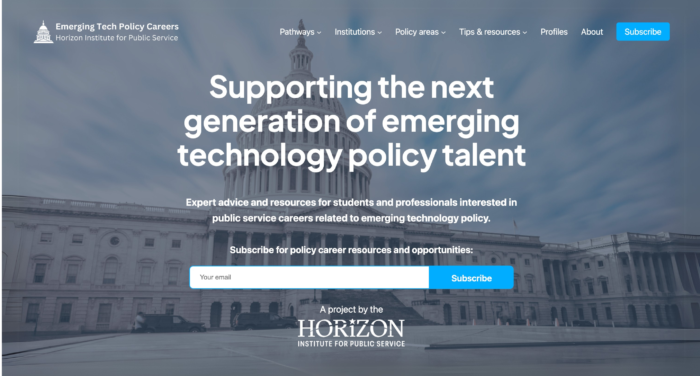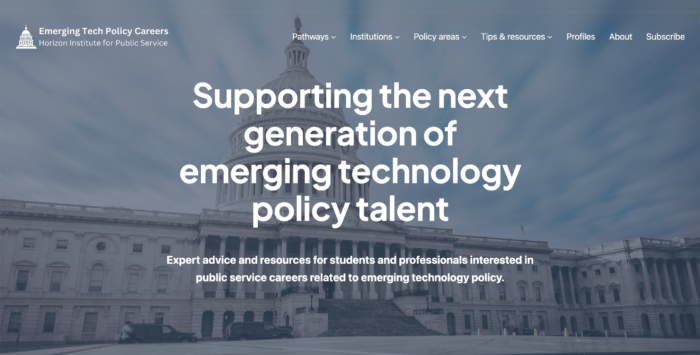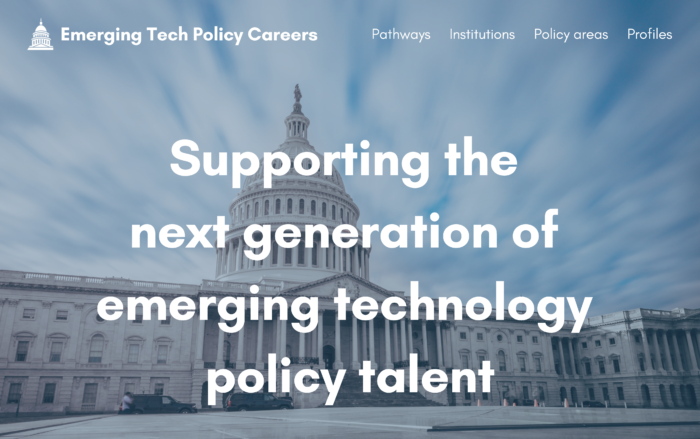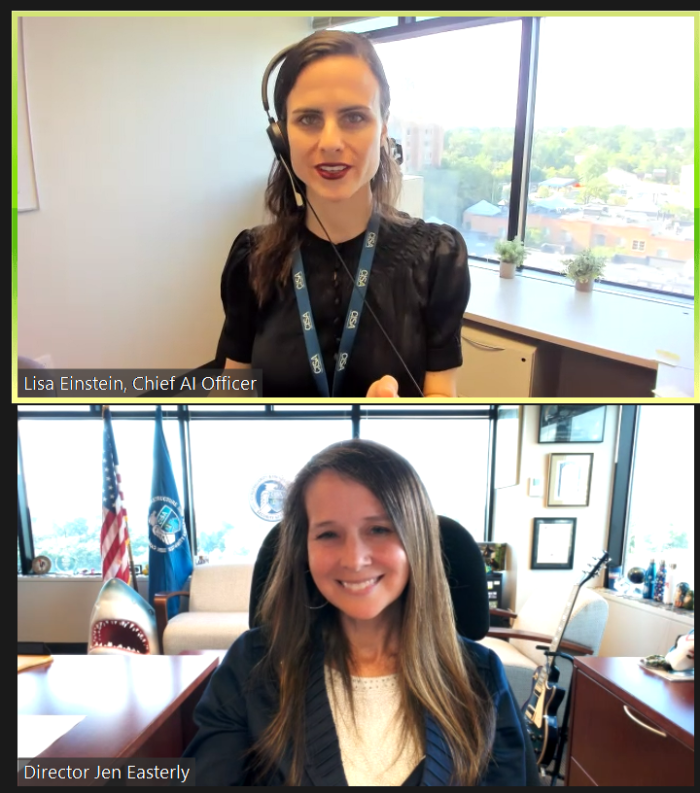Federal agencies craft, implement, and enforce policy and law. Executive branch fellows will support their host agency through assistance with technology-related research and analysis, writing and editing policy documents, coordinating work within and across agencies, briefing colleagues, and staffing leaders. Executive branch fellows are expected to have strong subject-matter expertise, excellent communications skills, and an ability to manage social and organizational dynamics within and between federal offices.
Become a Fellow
Through our Horizon Fellowship, we place fully-funded fellows at host organizations to help tackle policy challenges related to artificial intelligence, biotechnology, and other emerging technologies.
Fellows selected for our program receive policy-focused training, mentorship, and support in matching with a host organization for a full-time, fully-funded fellowship based in the Washington, DC area. Fellows join a collaborative, close-knit community of public service-oriented experts. Potential host organizations include executive branch offices, congressional offices, and think tanks.

What you get from the fellowship
- Dedicated training on the policy landscape and applied skills such as writing and policy analysis
- Community with a tight-knit group of peers who share your interests
- Introductions to many possible host offices central to US emerging technology policy
- Mentorship from senior leaders and the broader Horizon community
- Financial support at competitive rates during your placement
Fellowship placements for up to two years
Fellows are selected for a one-year term at a federal agency, congressional office, or think tank, with the option of renewing for a second one-year term, potentially on a different institutional track. Junior think tank fellows are selected for a six-month term and can renew for a second six-month term. Horizon has a 100% fellow placement rate at host organizations.
Financial support at competitive rates
Fellows receive a stipend of $113,000/year and junior fellows receive $75,000/year equivalent, plus $15,000 in health care support. Additionally, all fellows and junior fellows can access a $3,000 professional development stipend and up to $3,000 for relocation to DC (if needed). Increases may be considered based on need (see our FAQ for more details).
Fellow Q&As
Eligibility
Most competitive applicants have some amount of demonstrated subject-matter expertise in their emerging technology area of focus. This does not need to be a PhD-level specialization; it may be a paper, internship, work project, relevant undergrad degree, or course work. Beyond credentials, during the application process, we will assess your subject-matter expertise. We expect competitive applicants to be able to explain concepts in their subject area to a non-technical expert.
All fellows must be eligible to work in the United States and willing to live in the Washington, DC area for the duration of their placement. We are not able to sponsor US employment visas for fellows; US permanent residents (green card holders) are eligible to apply, but fellows who are not US citizens may be ineligible for placements that require a security clearance. We can also support individuals on F-1 visas during their first year of post-graduation OPT for think tank placements. We cannot support individuals on a STEM OPT extension.
We strongly encourage individuals with backgrounds and experiences underrepresented in science and technology policy to apply, such as women, veterans, and people of color.
If you have further questions about eligibility, please consult our fellowship FAQ
Qualifications
We expect competitive applicants to have the following qualifications:
- Several years of professional experience
- Ability to communicate complex ideas to non-technical policy audiences (both in writing and verbally)
- A credential (e.g. work experience, degree, publications, or similar) related to an area of focus
- Strong interpersonal, writing, and verbal communication skills
- Ability to build coalitions and navigate social and political complexity
- A graduate degree (not required; strongly preferred for executive branch fellows)
- Several years of research and writing experience (academic or professional)
- A credential (e.g. work experience, degree, publications, or similar) related to an area of focus
- Strong analytic and writing skills, and a demonstrated ability to bring projects to completion independently
- Ability to communicate complex ideas to non-technical policy audiences
- A PhD or other terminal degree (not required; strongly preferred)
- Recently obtained a bachelor’s or master’s degree (including those graduating in the year that their placements would start, e.g. those who apply in September 2025 may graduate in spring 2026)
- Demonstrated expertise or interest in AI, biotechnology, or related emerging technology areas
- Strong analytic, writing, project management, and communications skills
- Prior experience with research and/or project management (not required; preferred)
- Several years of professional experience
- Ability to communicate complex ideas to non-technical policy audiences (both in writing and verbally)
- A credential (e.g. work experience, degree, publications, or similar) related to an area of focus
- Strong interpersonal, writing, and verbal communication skills
- Ability to build coalitions and navigate social and political complexity
- A graduate degree (not required; strongly preferred for executive branch fellows)
- Several years of research and writing experience (academic or professional)
- A credential (e.g. work experience, degree, publications, or similar) related to an area of focus
- Strong analytic and writing skills, and a demonstrated ability to bring projects to completion independently
- Ability to communicate complex ideas to non-technical policy audiences
- A PhD or other terminal degree (not required; strongly preferred)
- Recently obtained a bachelor’s or master’s degree (including those graduating in the year that their placements would start, e.g. those who apply in September 2025 may graduate in spring 2026)
- Demonstrated expertise or interest in AI, biotechnology, or related emerging technology areas
- Strong analytic, writing, project management, and communications skills
- Prior experience with research and/or project management (not required; preferred)
Application process
Our initial application form asks for the following items:
- A CV or resume (≤ 2 pages)
- A series of short answer questions on your motivations and experiences (≤ 200 words)
After the initial submission, successful applicants will complete one short work test and a series of interviews. We are committed to using evidence-based best practices in our application and review process to promote diversity and merit-based selection within our talent pool, such as blind-grading application materials and compensating applicants for their time spent on work tests.
More information about our process can be found in our fellowship FAQ
Applications are now open for our 2026 cohort; apply by August 28:
Program stages and timeline
Successful applicants go through a training program that prepares them to secure high-impact placement offers and to perform high-quality work during their fellowship. The training focuses on (a) improving policy-relevant skills such as writing, communication, and analysis; (b) providing background on relevant government institutions and policy stakeholders; and (c) helping finalists identify promising potential host organizations and offices. As part of their training, fellows also complete an ethics module to help them identify and address potential conflicts of interest that could affect their ability to work impartially during their placement.
Participants will complete 10 weeks of part-time training ahead of finding a placement. This involves 2-3 weekday evening sessions per week, and an immersive in-person weekend in DC at the end of the training period. Outside of the in-person weekend of programming, participation requires approximately 8-10 hours of remote work per week (including policy memo writing, readings, virtual talks, and interactive sessions). The schedule is designed to allow participants to continue a full-time job or degree during training.
Congressional track participants have the option to receive training in collaboration with an institutional partner and follow a slightly different training and placement schedule. They can participate in three weeks of full-time training in Washington, DC in January. As they have to be available full-time and relocate to participate in the training program, they receive compensation starting during the training period. While we cannot guarantee a placement, our institutional partner has historically placed every one of the many dozens of people that have gone through their training.
After participants complete their training, they receive extensive one-on-one support in matching with a host organization. The ultimate responsibility for finding and being accepted by a host organization rests with the finalist; if finalists fail to secure a placement within the matching period, they will exit the program. While we cannot guarantee a placement, we expect an overwhelming majority of the finalists to be able to secure fellowship placements. All 85+ finalists in our prior four cohorts secured a placement (100% placement rate).
Participants in the standard congressional, think tank and executive branch tracks are required to find a host organization within two months of completing the training. This search process can be done remotely, allowing participants to continue their jobs or degree programs until they have secured a placement. While we require participants to be accepted by a host organization within two months, their actual start date is determined on a case-by-case basis and may fall outside of this window (see below).
The matching period for participants in the accelerated congressional track lasts three weeks, so fellows who trained in January choose their placements in February. As they already relocated to DC for training, matching activities and interviews with prospective host offices typically take place in person (circumstances permitting). Congressional track participants are compensated during the matching period and expected to start their placement as soon as possible after finding a host office.
Matching support includes a series of one-on-one conversations to identify potential host organizations that fit applicants’ skills and interests, support from experienced advisors, introductions to current and former employees of prospective host organizations for exploratory conversations, and feedback on application materials (e.g. writing samples) and interview coaching. Once applicants have created their shortlist of potential host organizations, we facilitate introductions to the relevant hiring managers. We also support applicants in navigating host organizations’ administrative requirements.
Once they have secured a host organization, applicants officially become “fellows” and work full-time at their host organization in the Washington, DC area for the duration of their fellowship.
During their placement periods, fellows also receive tailored professional development content and extensive one-on-one mentorship and career support. The fellowship cohort meets regularly, both with each other and with senior policy leaders, to build community and learn about different aspects of policy work.
- Start date. Congressional fellows are expected to start their placements as soon as possible after they have found a host office. Exact start dates for executive branch and think tank fellowship placements will be determined on a case-by-case basis in consultation with each fellow and host organization, but are expected to be in the spring or summer of the year they were selected for.
- Compensation. For 2026, the standard fellowship stipend is $75,000 per year for junior fellows and $113,000 for congressional, think tank, and executive branch fellows. Increases may be considered if financial necessity would otherwise preclude a fellow from participating in the program. Additionally, fellows receive around $15,000 per year to support health insurance and health expenses, $3,000 for relocation to Washington DC (if needed), and up to $3,000 per year for professional development activities.
- Duration and renewal. Initial placement terms are 6 months for junior fellows at think tanks and 12 months for the other fellowship tracks. Fellowship renewal is possible by mutual agreement between Horizon, the fellow, and a host organization. We expect to renew most fellows, except in cases of poor performance or lack of investment in the Horizon community. Total fellowship duration could therefore be up to 12 months for junior fellows and 24 months for all other fellows. Fellows can do their second 12-month term on a different placement track, so that they can for instance do their first year at a think tank and second year in Congress (this does not apply to think tank junior fellows because they are only eligible to place in think tanks).
Successful applicants go through a training program that prepares them to secure high-impact placement offers and to perform high-quality work during their fellowship. The training focuses on (a) improving policy-relevant skills such as writing, communication, and analysis; (b) providing background on relevant government institutions and policy stakeholders; and (c) helping finalists identify promising potential host organizations and offices. As part of their training, fellows also complete an ethics module to help them identify and address potential conflicts of interest that could affect their ability to work impartially during their placement.
Participants will complete 10 weeks of part-time training ahead of finding a placement. This involves 2-3 weekday evening sessions per week, and an immersive in-person weekend in DC at the end of the training period. Outside of the in-person weekend of programming, participation requires approximately 8-10 hours of remote work per week (including policy memo writing, readings, virtual talks, and interactive sessions). The schedule is designed to allow participants to continue a full-time job or degree during training.
Congressional track participants have the option to receive training in collaboration with an institutional partner and follow a slightly different training and placement schedule. They can participate in three weeks of full-time training in Washington, DC in January. As they have to be available full-time and relocate to participate in the training program, they receive compensation starting during the training period. While we cannot guarantee a placement, our institutional partner has historically placed every one of the many dozens of people that have gone through their training.
After participants complete their training, they receive extensive one-on-one support in matching with a host organization. The ultimate responsibility for finding and being accepted by a host organization rests with the finalist; if finalists fail to secure a placement within the matching period, they will exit the program. While we cannot guarantee a placement, we expect an overwhelming majority of the finalists to be able to secure fellowship placements. All 85+ finalists in our prior four cohorts secured a placement (100% placement rate).
Participants in the standard congressional, think tank and executive branch tracks are required to find a host organization within two months of completing the training. This search process can be done remotely, allowing participants to continue their jobs or degree programs until they have secured a placement. While we require participants to be accepted by a host organization within two months, their actual start date is determined on a case-by-case basis and may fall outside of this window (see below).
The matching period for participants in the accelerated congressional track lasts three weeks, so fellows who trained in January choose their placements in February. As they already relocated to DC for training, matching activities and interviews with prospective host offices typically take place in person (circumstances permitting). Congressional track participants are compensated during the matching period and expected to start their placement as soon as possible after finding a host office.
Matching support includes a series of one-on-one conversations to identify potential host organizations that fit applicants’ skills and interests, support from experienced advisors, introductions to current and former employees of prospective host organizations for exploratory conversations, and feedback on application materials (e.g. writing samples) and interview coaching. Once applicants have created their shortlist of potential host organizations, we facilitate introductions to the relevant hiring managers. We also support applicants in navigating host organizations’ administrative requirements.
Once they have secured a host organization, applicants officially become “fellows” and work full-time at their host organization in the Washington, DC area for the duration of their fellowship.
During their placement periods, fellows also receive tailored professional development content and extensive one-on-one mentorship and career support. The fellowship cohort meets regularly, both with each other and with senior policy leaders, to build community and learn about different aspects of policy work.
- Start date. Congressional fellows are expected to start their placements as soon as possible after they have found a host office. Exact start dates for executive branch and think tank fellowship placements will be determined on a case-by-case basis in consultation with each fellow and host organization, but are expected to be in the spring or summer of the year they were selected for.
- Compensation. For 2026, the standard fellowship stipend is $75,000 per year for junior fellows and $113,000 for congressional, think tank, and executive branch fellows. Increases may be considered if financial necessity would otherwise preclude a fellow from participating in the program. Additionally, fellows receive around $15,000 per year to support health insurance and health expenses, $3,000 for relocation to Washington DC (if needed), and up to $3,000 per year for professional development activities.
- Duration and renewal. Initial placement terms are 6 months for junior fellows at think tanks and 12 months for the other fellowship tracks. Fellowship renewal is possible by mutual agreement between Horizon, the fellow, and a host organization. We expect to renew most fellows, except in cases of poor performance or lack of investment in the Horizon community. Total fellowship duration could therefore be up to 12 months for junior fellows and 24 months for all other fellows. Fellows can do their second 12-month term on a different placement track, so that they can for instance do their first year at a think tank and second year in Congress (this does not apply to think tank junior fellows because they are only eligible to place in think tanks).
The following table summarizes the program timeline of the 2026 cohort, which we expect to be representative for future cohorts.
| Program stage | Standard congressional, executive branch, and think tank fellowship | Accelerated congressional fellowship |
|---|---|---|
| Application deadline | August 28th, 2025 | August 28th, 2025 |
| Cohort selected | November - December 2025 | November - December 2025 |
| Policy training | January - March 2026 (remote and part-time) | January 2026 (full-time in Washington, DC) |
| Matching with a host office | March - May 2026 (remote and part-time) | February 2026 (full-time in Washington, DC) |
| Expected start date of fellowship placement | Summer 2026 (timing will vary by fellow; relocate to Washington DC by start date) | February/March 2026 (full-time in Washington, DC) |
| Fellowship placement period | Initially 12 months (fellow) or 6 months (junior fellow), with potential for renewal | Initially 12 months, with potential for renewal |
After the fellowship
Upon program completion, most Horizon Fellows transition to full-time roles in public service, with many converting to permanent employment at their host organization. The employers they have gone on to work at after their fellowship include:
FAQs
If you have further questions about the Horizon Fellowship.
Applications for the 2026 Horizon Fellowship cohort are now open.


